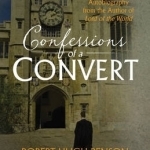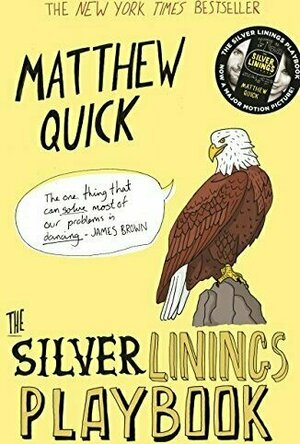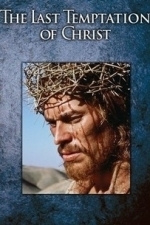Kevin Smith recommended The Last Temptation of Christ (1988) in Movies (curated)

Preacher, Volume 1: Gone to Texas
Book
One of the most celebrated comics titles of the late 1990s, PREACHER is a modern American epic of...

A Sundered Moon (Legends of Elessia - Shadows Over Garm #3)
Book
When the Blood God rises, two sworn enemies hold the fate of the world in their hands. Lucius has...
Action and Adventure Sword and Sorcery Epic Fantasy
BookwormMama14 (18 KP) rated The Thorn Bearer (Penned in Time, #1) in Books
Jan 2, 2019

Confessions of a Convert: The Classic Spiritual Autobiography from the Author of Lord of the World
Robert Hugh Benson and Dawn Eden
Book
In Confessions of a Convert, Robert Hugh Benson shares his spiritual journey from being an Anglican...

365 Devotions for Living Joyfully
Victoria York and Stacy J. Edwards
Book
Discover the joy of the Lord in fresh ways through the beautiful new 365 Devotions for Living...
Sacred Reading: The 2018 Guide to Daily Prayer
Douglas Leonard and Apostleship of Prayer
Book
This powerful and inspiring prayer book from the Apostleship of Prayer (The Pope's Worldwide Prayer...

The Silver Linings Playbook
Book
Pat Peoples has a theory. The theory is this: his life is actually a movie produced by God. And...
TravelersWife4Life (31 KP) rated Brand of Light (The Droseran Saga #1) in Books
Feb 24, 2021
This book was everything I hoped it would be plus so much more. I personally do not usually read sci-fi genre books because they (usually) take God out of the equation or put in a bunch of gods. When Ronie Kendig started advertising that she felt God calling her to write a sci-fi book I was intrigued to see what God had put on her heart for this genre. Even having little to no experience with this genre I believe Ronie Kendig hit a home run with this book.
The characters were very well laid out, they did not contradict themselves and were easy to get along with. The first few chapters Ronie Kendig showed us some great strengths and weaknesses in all her main characters. Technically, there are probably only two main characters, however, I would argue that there could technically be three main characters. I will let you decide on that. The characters interacted seamlessly together, and by the end of this book, I was captivated by the plights of the characters. The only character I would have liked to see more of was Kersei, I never saw her thoughts on the events that took place come through. However, this is only the first book

Bible App for Everyday Life - Quotes and Divine Features
Catalogs and Book
App
Let God be your anchor in your life, and see what you can learn from the Bible and the new Pope!...


